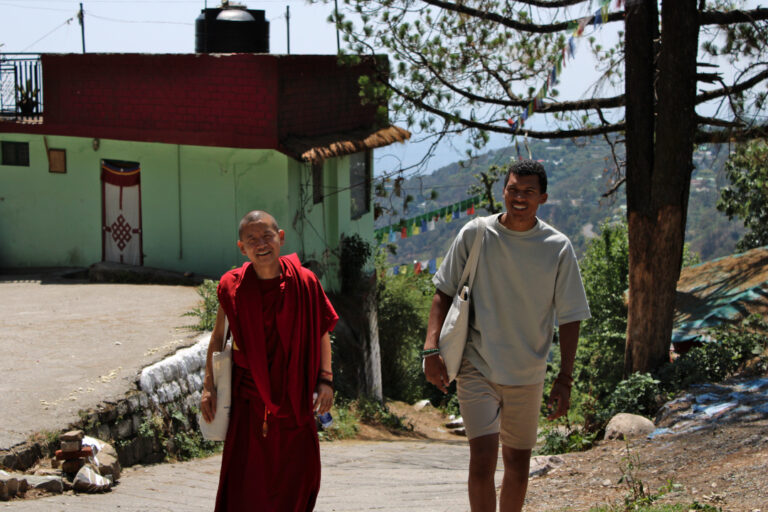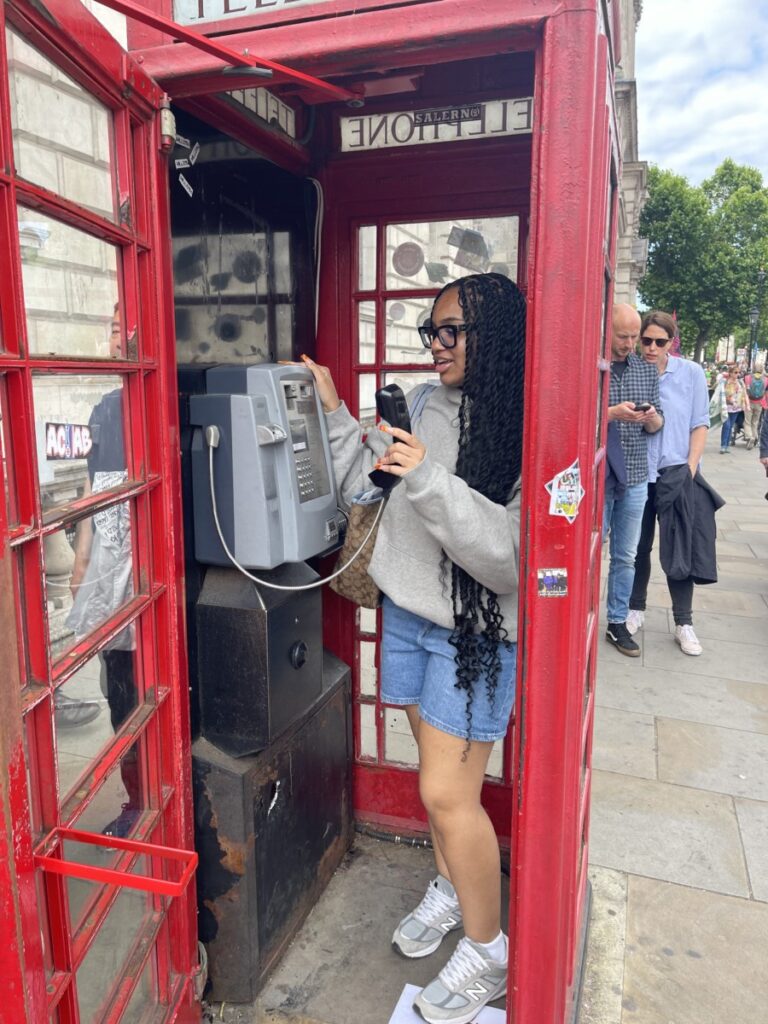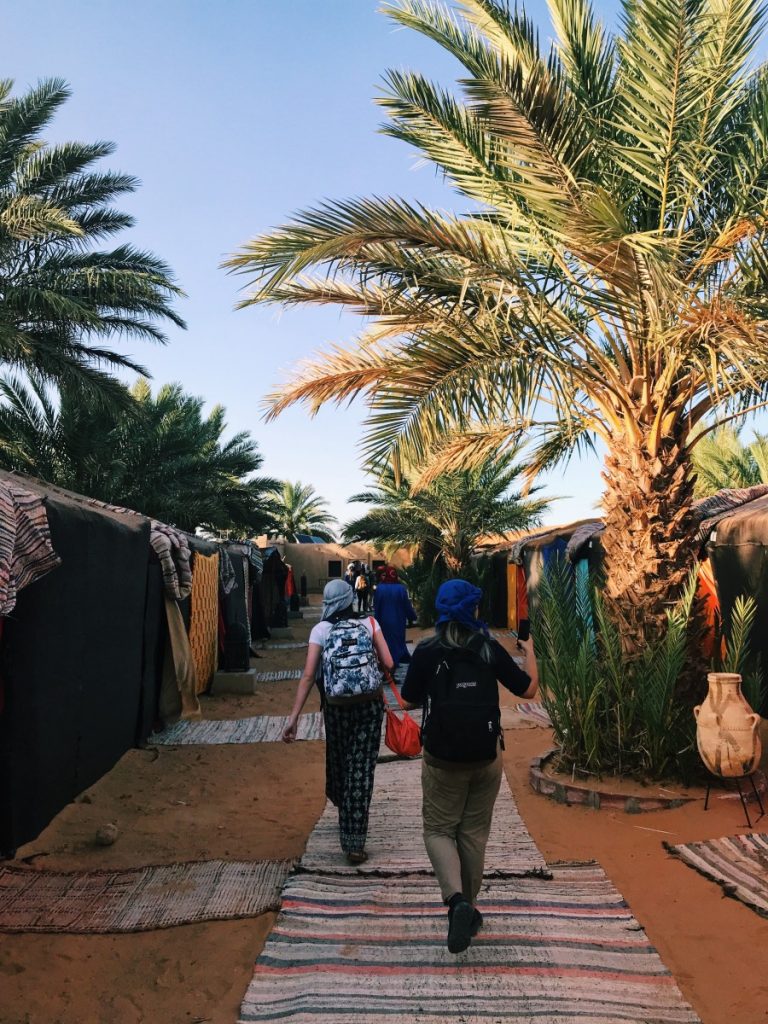Expectations for Summer Research
by Namrata Verghese | Emory Psychology in the British Isles, Summer 2016
Originally written on June 27, 2016
I can still remember the intense culture shock I felt when I first started school after moving to the U.S. from England ten years ago. As an eight-year-old, I had no comprehension of social or cultural norms, but intuitively understood the vast differences between the two schooling systems—which, to a greater extent, reflected the differences between the two countries. At my new school, students were taught “math,” not “maths,” were expected to recite the Pledge of Allegiance every morning, and were allowed to wear anything they wanted to school, rather than the ironed uniforms I’d grown up with. This early experience with cross-cultural differences kindled my life-long interest in the social and cognitive development of children, and in comparing the elements that shape a child’s early development across cultural borders.
The Emory Psychology in the British Isles program, which permits students to participate in cross-cultural research in the area of child-development, immediately piqued my interest. To me, it presents an unparalleled opportunity to explore and further my interest in child development in various cultural contexts. When deciding where to study abroad, I tried to choose a program that would align with my academic interests and goals at Emory, and as a Psychology and English double-major, this opportunity seemed tailor-made for me. As a product of cross-cultural education, the program is also personally relevant to me, because it would allow me to revisit the education of my childhood. Since I grew up in the British school system, I’ll be extremely interested in contrasting my memories of the system with the reality and comparing my personal and educational experiences in both countries.
Additionally, I served as a teaching assistant to an ESL third-grade class for many years, a position similar to the one offered in this program, and I greatly enjoyed working with children. Introducing the English language to native Spanish-speaking children allowed me to experiment with different methods of teaching and learning, to find out which ones worked best in various settings, and to discover how cultural intricacies can affect the traditional learning process. Although the classroom was just a microcosm of a different cultural and educational system, it broadened my perspective on global differences in education and helped me revise my understanding of the interactions between culture and child development. This program provides an equally exciting learning opportunity, as I will be able to observe and interact with elementary-school children in Dundee, Scotland.
Ultimately, the Psychology in the British Isles program presents me with a uniquely compelling way to receive valuable training in the area of child-development research, and gain an invaluable wealth of knowledge applicable to my academic interests. I’m eagerly looking forward to exploring the plethora of educational applications of psychology and getting hands-on research experience in an environment conducive to intellectual curiosity. I’m excited to engage with the topics I’ve learned about from textbooks in a field setting, and I hope to build on what I learn over the summer when I return to campus.







